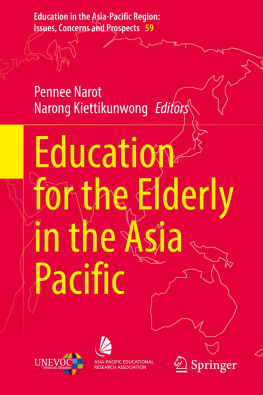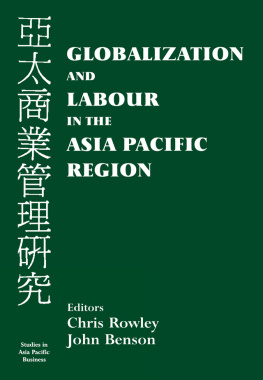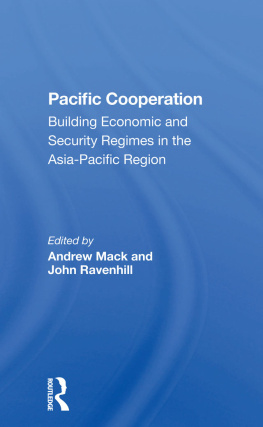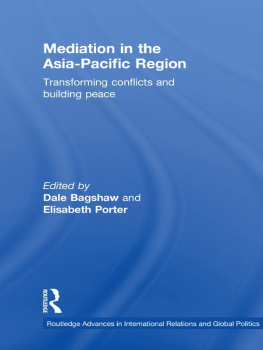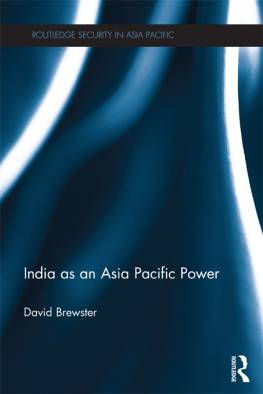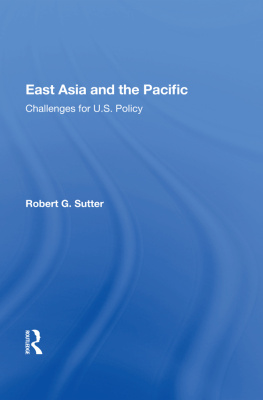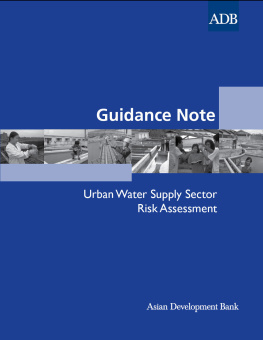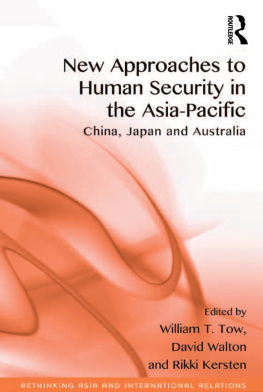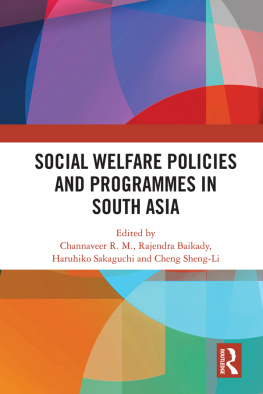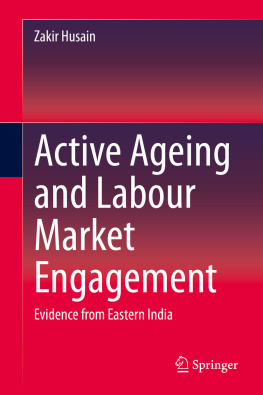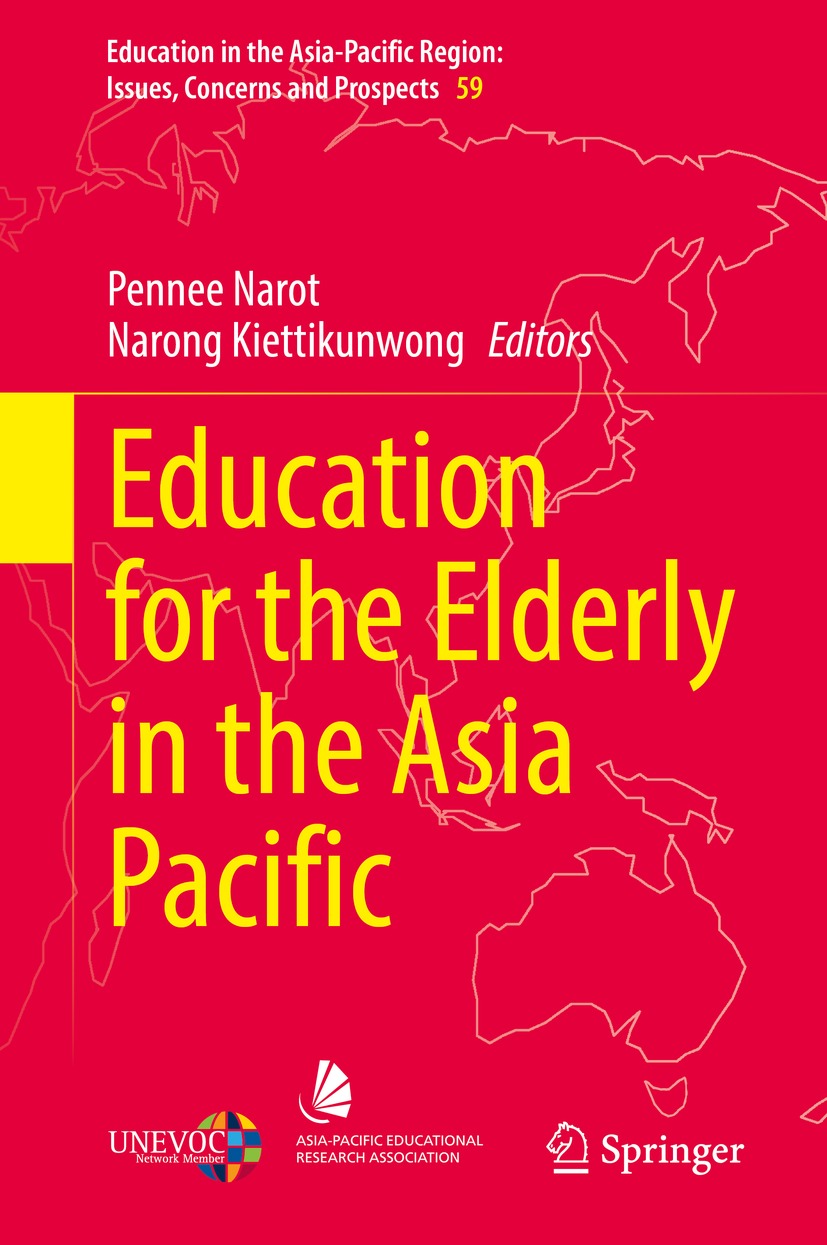Volume 59
Education in the Asia-Pacific Region: Issues, Concerns and Prospects
Series Editors
Rupert Maclean
RMIT University, Melbourne, Australia
Lorraine Pe Symaco
Zhejiang University, Hangzhou, Zhejiang, China
Editorial Board
Bob Adamson
The Education University of Hong Kong, Hong Kong, China
Robyn Baker
New Zealand Council for Educational Research, Wellington, New Zealand
Michael Crossley
University of Bristol, Bristol, UK
Shanti Jagannathan
Asian Development Bank, Manila, Philippines
Yuto Kitamura
University of Tokyo, Tokyo, Japan
Colin Power
Graduate School of Education, University of Queensland, Brisbane, Australia
Konai Helu Thaman
University of the South Pacific, Suva, Fiji
Advisory Editors
Mark Bray
UNESCO Chair, Comparative Education Research Centre, The University of Hong Kong, Hong Kong, China
Yin Cheong Cheng
The Education University of Hong Kong, Hong Kong, China
John Fien
RMIT University, Melbourne, Australia
Pham Lan Huong
International Educational Research Centre, Ho Chi Minh City, Vietnam
Chong-Jae Lee
Korean Educational Development Institute (KEDI), Seoul, Korea (Republic of)
Naing Yee Mar
GIZ, Yangon, Myanmar
Geoff Masters
Australian Council for Educational Research, Melbourne, Australia
Margarita Pavlova
The Education University of Hong Kong, Hong Kong, China
Max Walsh
Secondary Education Project, Manila, Philippines
Uchita de Zoysa
Global Sustainability Solutions (GLOSS), Colombo, Sri Lanka
The purpose of this Series is to meet the needs of those interested in an in-depth analysis of current developments in education and schooling in the vast and diverse Asia-Pacific Region. The Series will be invaluable for educational researchers, policy makers and practitioners, who want to better understand the major issues, concerns and prospects regarding educational developments in the Asia-Pacific region.
The Series complements the Handbook of Educational Research in the Asia-Pacific Region, with the elaboration of specific topics, themes and case studies in greater breadth and depth than is possible in the Handbook.
Topics to be covered in the Series include: secondary education reform; reorientation of primary education to achieve education for all; re-engineering education for change; the arts in education; evaluation and assessment; the moral curriculum and values education; technical and vocational education for the world of work; teachers and teaching in society; organisation and management of education; education in rural and remote areas; and, education of the disadvantaged.
Although specifically focusing on major educational innovations for development in the Asia-Pacific region, the Series is directed at an international audience.
The Series Education in the Asia-Pacific Region: Issues, Concerns and Prospects, and the Handbook of Educational Research in the Asia-Pacific Region, are both publications of the Asia-Pacific Educational Research Association.
Those interested in obtaining more information about the Monograph Series, or who wish to explore the possibility of contributing a manuscript, should (in the first instance) contact the publishers.
Please contact Melody Zhang (e-mail: melodymiao.zhang@springer.com ) for submitting book proposals for this series.
More information about this series at http://www.springer.com/series/5888
Editors
Pennee Narot and Narong Kiettikunwong
Education for the Elderly in the Asia Pacific
1st ed. 2021

Logo of the publisher

Logo of the publisher
Editors
Pennee Narot
College of Local Administration, Khon Kaen University, Khon Kaen, Thailand
Narong Kiettikunwong
College of Local Administration, Khon Kaen University, Khon Kaen, Thailand
ISSN 1573-5397 e-ISSN 2214-9791
Education in the Asia-Pacific Region: Issues, Concerns and Prospects
ISBN 978-981-16-3325-6 e-ISBN 978-981-16-3326-3
https://doi.org/10.1007/978-981-16-3326-3
The Editor(s) (if applicable) and The Author(s), under exclusive license to Springer Nature Singapore Pte Ltd. 2021
This work is subject to copyright. All rights are solely and exclusively licensed by the Publisher, whether the whole or part of the material is concerned, specifically the rights of translation, reprinting, reuse of illustrations, recitation, broadcasting, reproduction on microfilms or in any other physical way, and transmission or information storage and retrieval, electronic adaptation, computer software, or by similar or dissimilar methodology now known or hereafter developed.
The use of general descriptive names, registered names, trademarks, service marks, etc. in this publication does not imply, even in the absence of a specific statement, that such names are exempt from the relevant protective laws and regulations and therefore free for general use.
The publisher, the authors and the editors are safe to assume that the advice and information in this book are believed to be true and accurate at the date of publication. Neither the publisher nor the authors or the editors give a warranty, expressed or implied, with respect to the material contained herein or for any errors or omissions that may have been made. The publisher remains neutral with regard to jurisdictional claims in published maps and institutional affiliations.
This Springer imprint is published by the registered company Springer Nature Singapore Pte Ltd.
The registered company address is: 152 Beach Road, #21-01/04 Gateway East, Singapore 189721, Singapore
Foreword
A trip to villages in our area a few years ago prompted us to return to debate and discuss the problem of ageing communities in the villages. Some villages are not far from the city area, but the village headmen and the local administrators raised similar concerns of how to support the elderly and retired community members.
In the past when we considered development, we thought about education and the need to educate people through the schooling system. But present education approaches are not just about education and schooling for young people. Education now has an emphasis on being lifelong and intellectually or technically equipped for well-being. Education can occur in many settings, involves many kinds of activities and can be in many forms: formal, non-formal and informal education. Schools and colleges are not the only institutions that educate people. The community, workplace, mass media (through online programming) or other organizations can play a role in education.
We further discussed what lifelong education can offer for the elderly. Nowadays, education can provide career enhancement; skills development can lead to a career change and keeping up with technological advances can meet the demand for more skilled workers created by a skills gap. Education can provide a channel for participation in which aged people are motivated to meet people. This function has been positively associated with adult psychological well-being. Education for the elderly promotes older learners reserve capacities to fulfil their everyday lives. Lifelong learning promotes the development of inclusive equitability and an active ageing society, which is the goal of every society.

